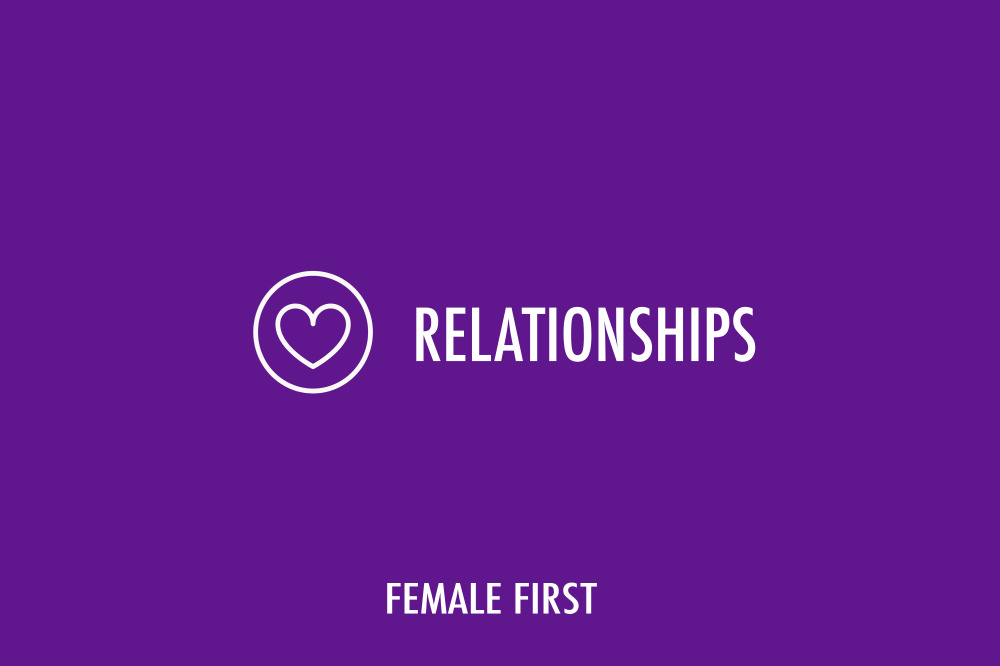By Sheela Mackintosh-Stewart, a UK relationship guru healing the nations’ families one relationship at a time. www.sheelamackintoshstewart.com

Relationships on Female First
Cheating remains one of the most powerful and emotive terms today, with the potential to destroy relationships instantly despite the relationship’s length or the commitment taken to build it. Yet cheating remains an extremely vague concept with grey areas freely open to interpretation as everyone I ask provides me with a different personal and subjective answer.
Today the notion of cheating has become even more subjective as a vast array of questionable actions challenge most relationships.
So what factors do we need to consider when it comes to cheating?
Defined through intent:
One way to define cheating is to explore whether there was intent to deceive, betray or cause emotional hurt to a partner.
However, this approach does ‘muddy the waters’ and raise questions on how to define intent.
Take the act of flirting; many view it as a harmless and friendly act. But does it become cheating when someone decides to act on it and become emotionally intimate, intending to deceive and hurt their partner?
The societal debate:
This debate undoubtedly divides opinions in society, with a UK survey of 5071 adults finding that whilst 19% of men don’t view passionately kissing a non-partner to be cheating, 45% of women aged 16 to 24 think flirting alone counts as being unfaithful.
So how do you define where the boundaries lie between being overtly friendly and cheating on your partner? Is it ok to be emotionally intimate and share private thoughts and feelings with another? When does flirting change from a harmless, confidence boosting act to crossing the line and become cheating?
Everyone has different tolerance levels and boundaries. What is acceptable to one person may be construed as a monumental ‘red line’ to another. The crux to this lies in deciding where your own personal boundary lines are as to what is acceptable behaviour from your partner, and also what you are willing to forgive if he or she slips up.
Physical boundaries:
Physical cheating or adultery is unquestionably commonly regarded as a blatant act of one’s intention to deceive one’s partner. However, this becomes a grey area if physical cheating occurs whilst heavily intoxicated, as alcohol often provides the reasonable crutch and mitigating circumstance as to what would otherwise be construed as cheating.
So, if one becomes paralytic and engages in a one-night stand, is that construed as cheating? One can plead that having lost their inability to reason or due to a lack of recollection under the influence of alcohol, it negates intent to deceive or hurt their partner. Similarly, kissing someone whilst in an inebriated state can be construed as just a harmless, ‘over-friendly’ gesture but remove alcohol from the situation and it can become cheating.
Emotional affairs:
Emotional cheating is even harder to define and pigeon hole as it is not tangible. It involves an emotional and often sexual connection with someone that isn’t a partner. Free flowing flirty texts messaging, constantly thinking about the other person and some sexual fantasizing is often common with the partner blissfully unaware.
Surely some will argue that if you don’t act on these feelings and pursue a physical connection, then it’s okay? I am afraid that if you think that, you are kidding yourself. Emotional cheating involves deceit and hurt to your partner. It is not an innocent platonic friendship and can be as damaging as physically cheating. Why? Because it will eventually erode your primary relationship as the ‘grass is always greener’ syndrome results in resentment and dissatisfaction creeping in.
Cheating online:
Today, the ubiquitous social media and technological developments, provide easily accessible opportunities for people to cheat. The rise in online chat platforms and dating apps has had a huge impact on relationships with people becoming more distracted, insecure, paranoid and suspicious of their partners. A 2014 study found that 26% of men browsed through their partners’ phone because of suspicions of cheating. This is no way to build a fulfilling, healthy relationship.
The verdict:
There is no one size fits all answer to what constitutes cheating. This debate will continue as we embrace myriads of modern relationships with their own personal conundrums.
In my view, the answer is a subjective one, as ultimately it must be down to each individual to construe and decide where they personally draw the ‘cheating’ line. Our ability to forgive and making mistakes is part of being human. Studies show that couples who practice forgiveness enjoy longer, more satisfying romantic relationships and this is certainly something I have experienced in my thirty year career in relationships.
Crucially, this question highlights the importance of deciding and articulating your personal and individual couple boundaries and stresses how vital it is to provide clarity on this issue early on in your relationship. By clearly expressing your expectations honestly, you avoid becoming disappointed, hurt and second guessing your partner’s every move and motivation. Too many couples don’t do it and are caught out. Cheating is avoidable- don’t let it ruin your relationship!
tagged in relationships cheating
